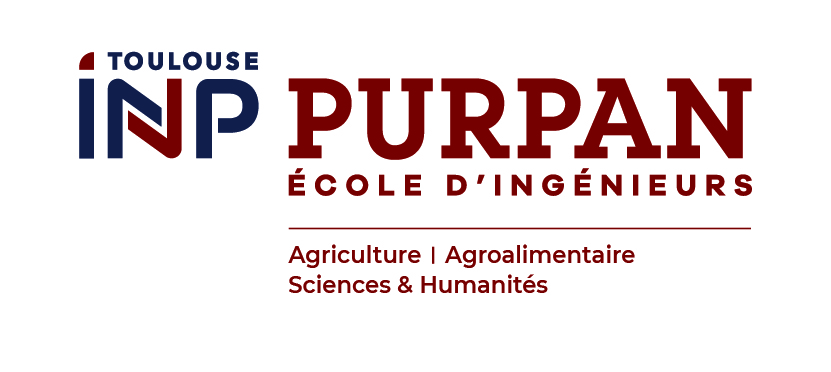Scenarios developed for the ClinOrg project
Scénarios développés pour le projet ClinOrg
Résumé
Agricultural food production is responsible of roughly one quarter of global anthropogenic greenhouse gas (GHG) emissions. Curbing those emissions is key to achieve the Paris Agreement objectives. Organic farming has good potential to achieve low area emission intensity. However, due to its lower yields, concerns have raised that organic farming expansion may drive land-use change and related CO2 emissions. Meanwhile, there is life cycle assessment-based evidence that human diets low in animal-sourced products help alleviate agricultural land requirement and GHG emissions. However, very few studies have considered both leverages together and simulated their consequences for land-use change and related GHG emissions at the global scale. The ClinOrg project aims at exploring to what extent an expansion of organic farming in Europe, combined with changes in food and feed consumption, may affect land use worldwide and related GHG emission. In this report, we develop a set of exploratory (vs normative) scenarios on human diets, livestock production and plant production.
Domaines
Sciences du Vivant [q-bio]| Origine | Fichiers produits par l'(les) auteur(s) |
|---|---|
| licence |



